Answering questions from National Assembly deputies on the afternoon of June 7, Minister of Transport Nguyen Van Thang clarified many issues of social concern such as investment in expressways, national highways, innovation in vehicle inspection activities...
Total length of highway reaches more than 1,700km
Speaking at the opening session of the question and answer session on issues in the transport sector, Minister of Transport Nguyen Van Thang said that despite facing many difficulties and challenges, the transport sector has been united, determined, made efforts, innovated thinking and implementation methods, promptly removed difficulties and obstacles, and promoted decentralization and delegation of authority.
Thereby, the assigned tasks have been basically and promptly implemented, typically: Disbursement of public investment capital in 2022 reached 96.5% of the plan, in the first 5 months of 2023 reached more than 30% of the plan, creating a premise for the industry to strive to complete the targets assigned by the National Assembly and the Government.
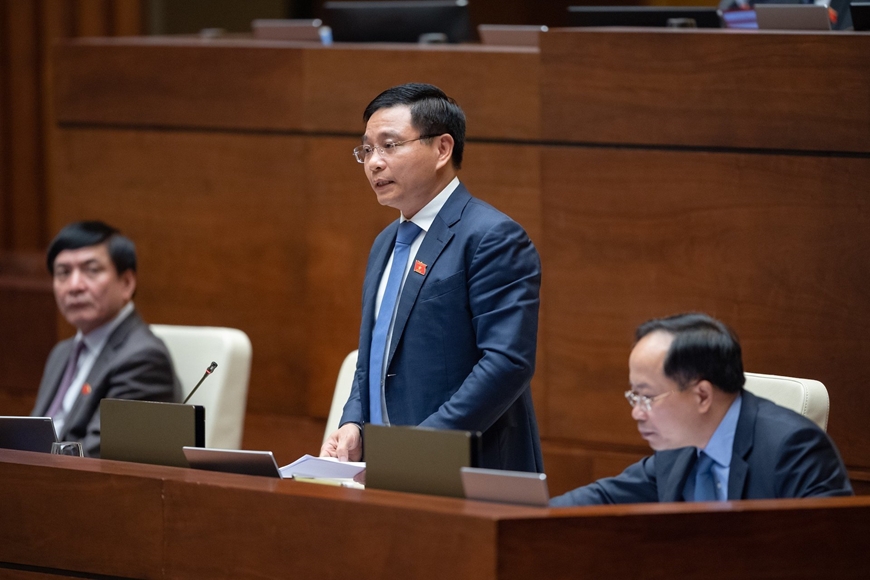 |
| Minister Nguyen Van Thang answers questions from National Assembly deputies. Photo: Tuan Huy |
The progress of project implementation, especially important national projects and key projects of the transport sector, has been basically ensured. Since the beginning of the term, 566km of expressways have been completed and put into operation, bringing the total length of expressways put into use to 1,729km. The preparation for investment in expressway projects under the socio -economic recovery and development program has been vigorously implemented by the Ministry of Transport and localities, closely following the assigned progress and will start construction at the end of June 2023 as planned.
Traffic accidents continued to decrease in all three criteria (number of cases, number of deaths, number of injuries). Institutional improvement, administrative reform, and reduction of business conditions achieved many positive results; e-Government development and digital transformation in the transport sector continued to be vigorously implemented.
However, in addition to the achieved results, there are still some shortcomings and limitations that need to be focused on and resolutely handled and resolved, such as traffic accidents, although reduced, are still at a high level; violations in the field of vehicle registration; training, testing, granting, revoking and managing licenses to operate road and inland waterway vehicles still show limitations and potential risks of negativity.
Are localities allowed to invest in upgrading national highways and expressways?
Answering the question of delegate Nguyen Van Manh (Vinh Phuc delegation) about the mechanism allowing localities to invest in upgrading national highways to meet people's travel needs and socio-economic development, Minister Nguyen Van Thang said that according to the provisions of the State Budget Law and the Road Traffic Law, expressways and national highways are the investment responsibility of the Ministry of Transport. Provincial roads and below are the responsibility of localities. In the context of limited budget resources, the central budget only meets 66% of investment in transport infrastructure, so it cannot meet all the needs of roads, especially national highways.
According to Minister Nguyen Van Thang, if localities join hands to invest with the Central Government, it is extremely necessary and appropriate. The Ministry of Transport will seek opinions from ministries and branches, consult with the Government and submit to the National Assembly and the National Assembly Standing Committee to allow the pilot implementation of the mechanism while the law has not been amended, from which localities will arrange budgets to participate with the Central Government in investing and building national highways and expressways. In addition, this content is also included in the draft Road Law to be submitted to the National Assembly.
Regarding the issue of some small-scale highways, only 2 lanes, needing to be upgraded and expanded, Minister Nguyen Van Thang affirmed that investing in 4-lane or 6-8-lane highways is a correct and urgent need. The Prime Minister has directed that any highway invested in must be completed. However, recently, investment resources have been limited, some highways only have a budget for 2 lanes, not to mention the initial traffic volume is not large. Currently, there are 5 2-lane highways. In the coming time, the Ministry of Transport will coordinate with the Ministry of Planning and Investment and other ministries and branches to advise the Government to prioritize investment budget to complete 4 lanes.
Need to innovate financial mechanism for vehicle inspection sector
With some urgent solutions such as extending the inspection cycle for private cars with up to 9 seats, exempting inspection for first-time registered vehicles, and overcoming inspection congestion, however, delegate Nguyen Truong Giang (Dak Nong delegation) raised the issue that 75% of inspection centers are currently operated by non-state enterprises, and with the current financial mechanism, it is very difficult for inspection centers to maintain operations. For example, extending the inspection cycle will cause inspection centers to have less work, inspectors will look for other jobs, and businesses will face difficulties. Therefore, in the coming time, it is necessary to innovate the financial mechanism of inspection because this is essentially a public service, when society can do it, the State will create conditions for businesses to do it.
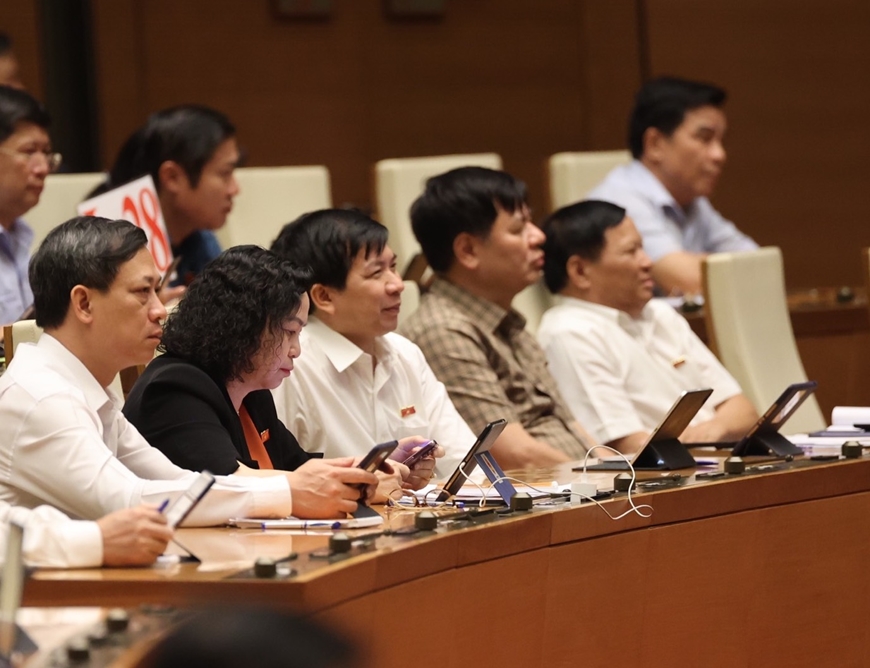 |
| National Assembly deputies attend the question and answer session on June 7. Photo: TUAN HUY |
Responding to the concerns of delegates, Minister Nguyen Van Thang assessed that the incidents that occurred in vehicle inspection activities in the past were very serious, causing great consequences, forcing people and businesses to wait and work hard. Up to 600 people, including officials, civil servants, public employees, and vehicle inspectors, were prosecuted, and more than 100 vehicle inspection centers had to close.
According to Minister Nguyen Van Thang, as soon as he took office at the Ministry of Transport, the Minister proactively researched and adjusted vehicle inspection regulations to conform to international practices, helping to save time and effort for people and businesses. The Ministry of Transport simultaneously implemented two tasks: overcoming vehicle inspection congestion and reviewing all vehicle inspection activities to ensure strictness but must be modern and transparent. The Ministry issued regulations on exemption from vehicle inspection for first-time registration, extending the inspection cycle, in accordance with regulations of countries in the region, reducing time and costs for people and businesses.
Along with that are solutions to return to normal inspection activities, including the issue of financial mechanism, removing inspection prices from the list of prices currently managed by the State, letting the market decide because currently more than 75% of inspection centers are managed by enterprises. Thereby, ensuring income for inspectors. In addition, we are focusing strongly on recruiting and training inspection staff, having forces arranged for inspection centers, bringing inspection lines back to normal operation. Along with that, promoting the application of information technology, minimizing manual inspection, online registration, online payment, on the right day and time for vehicle owners to bring their vehicles, without having to queue like before.
MANH HUNG
Source


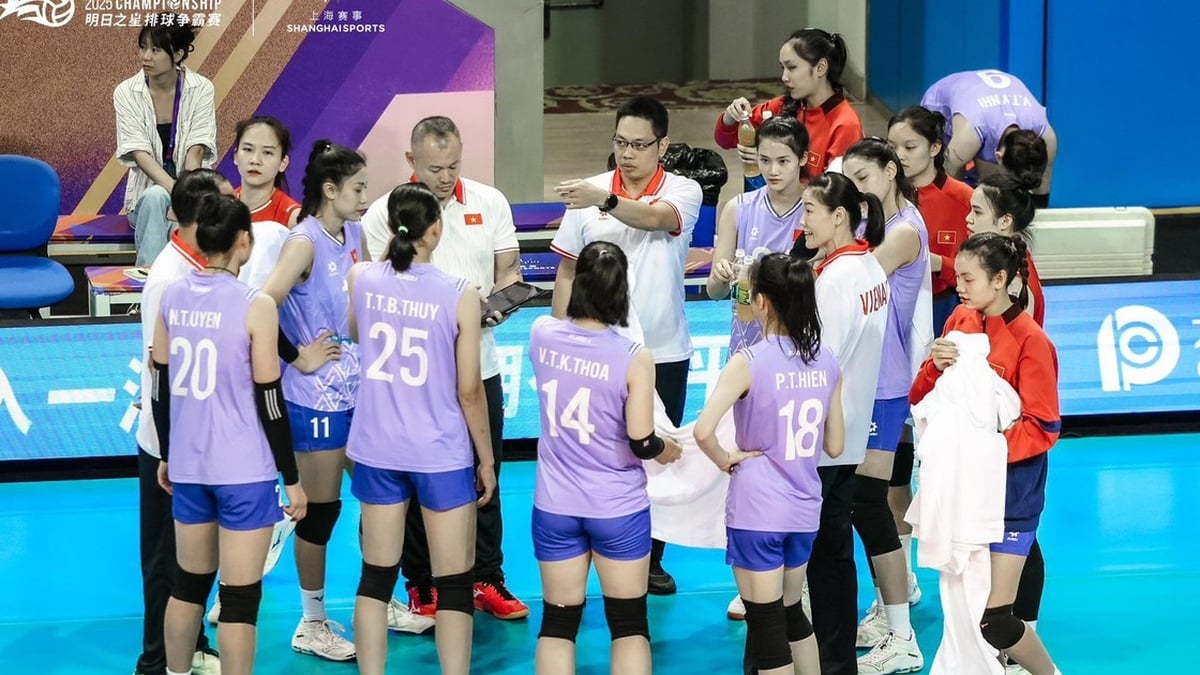
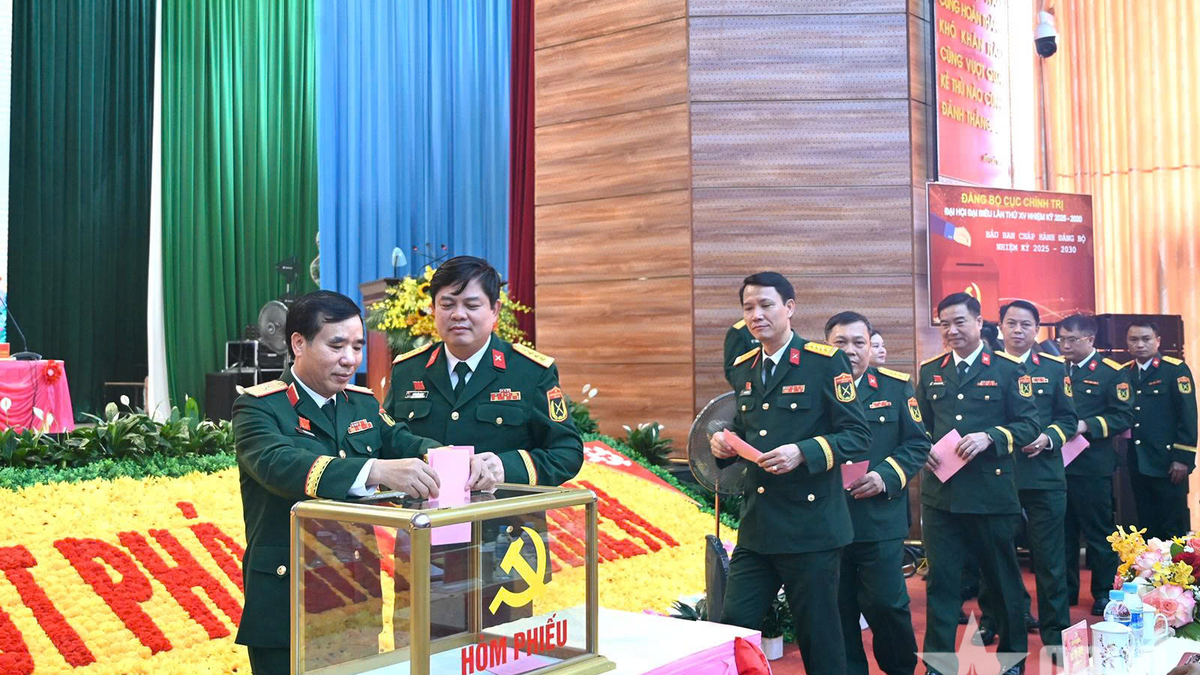
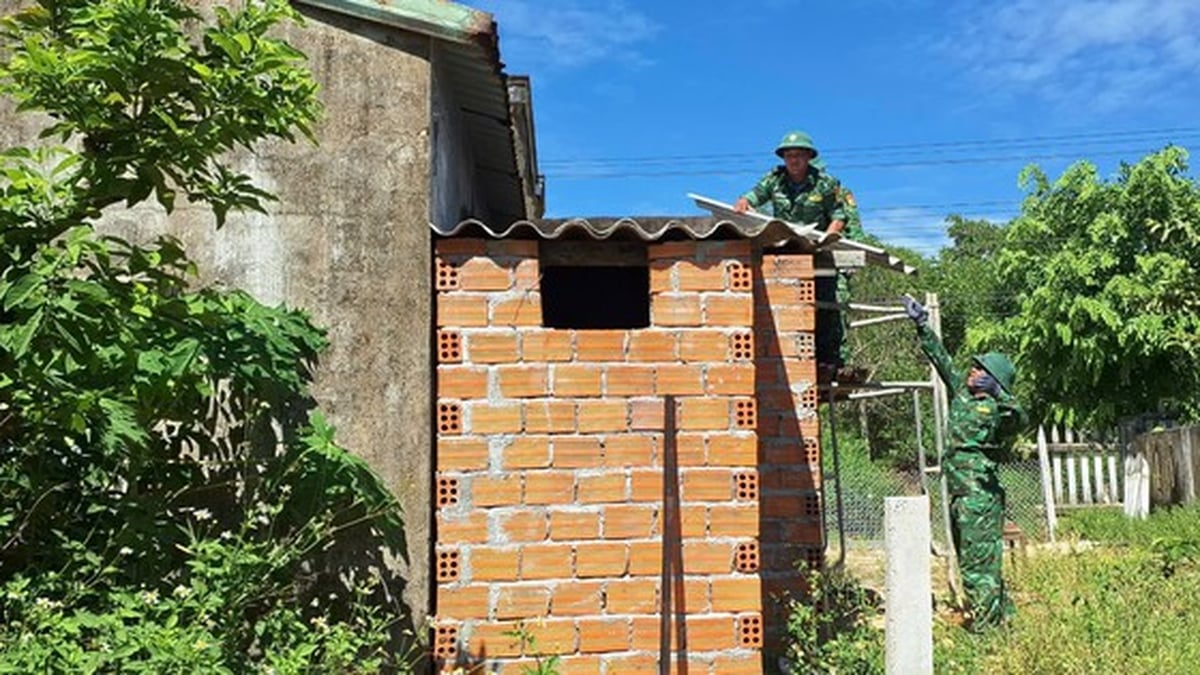

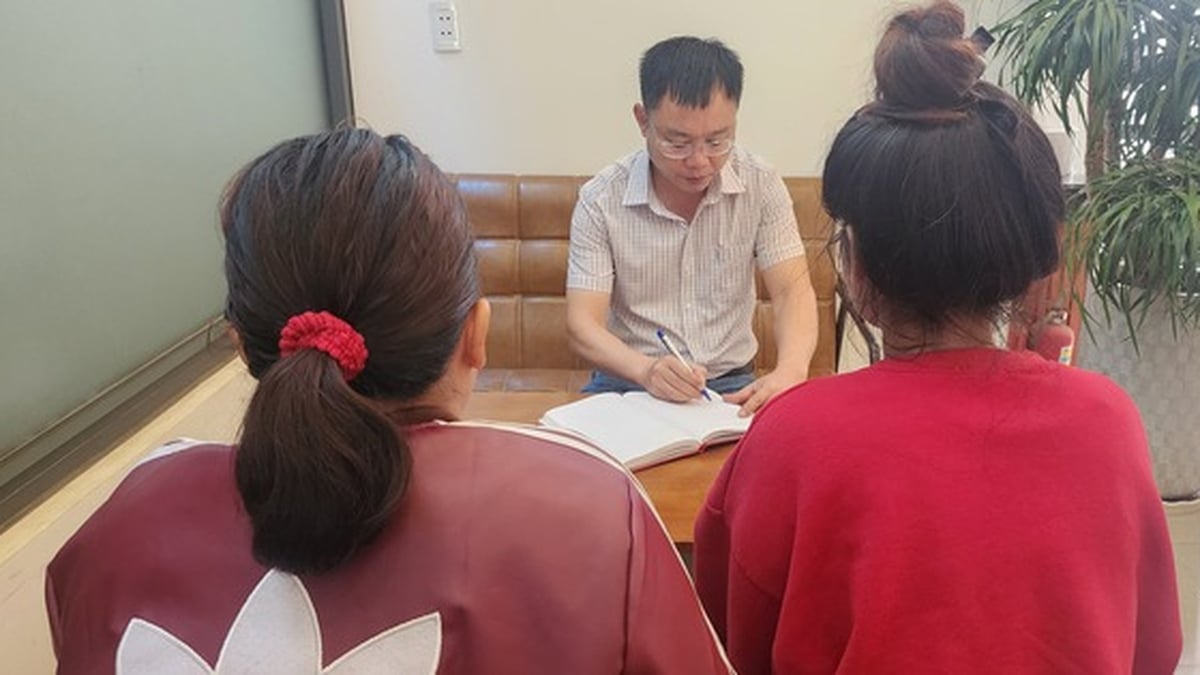
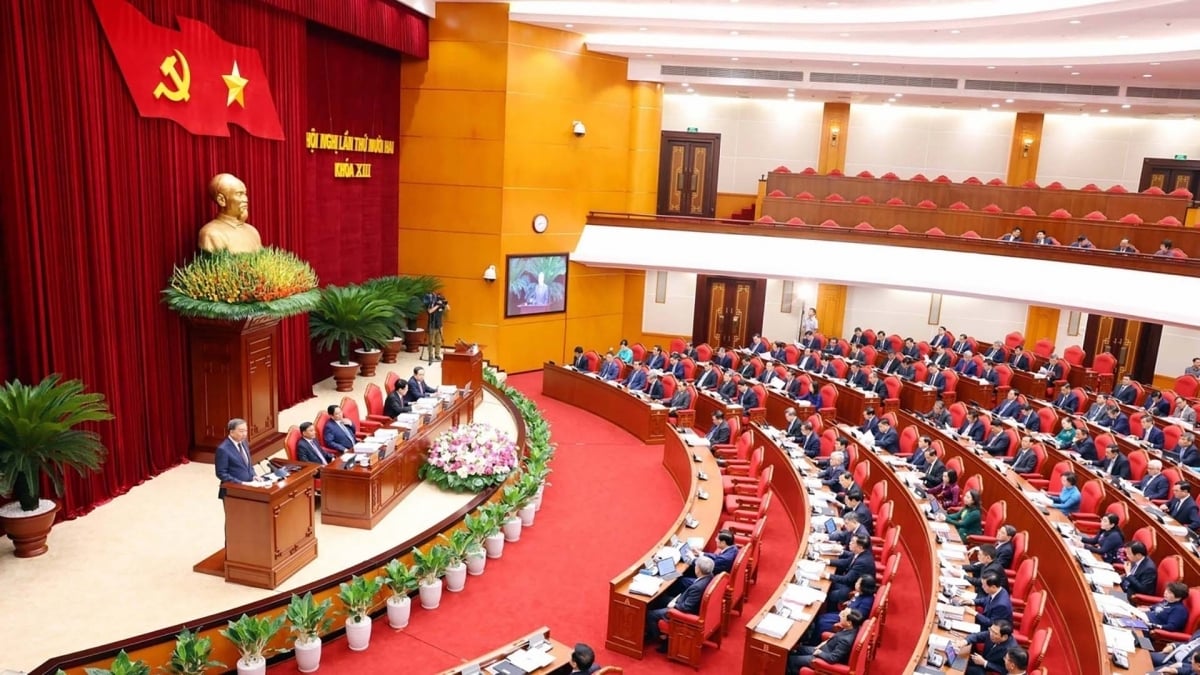

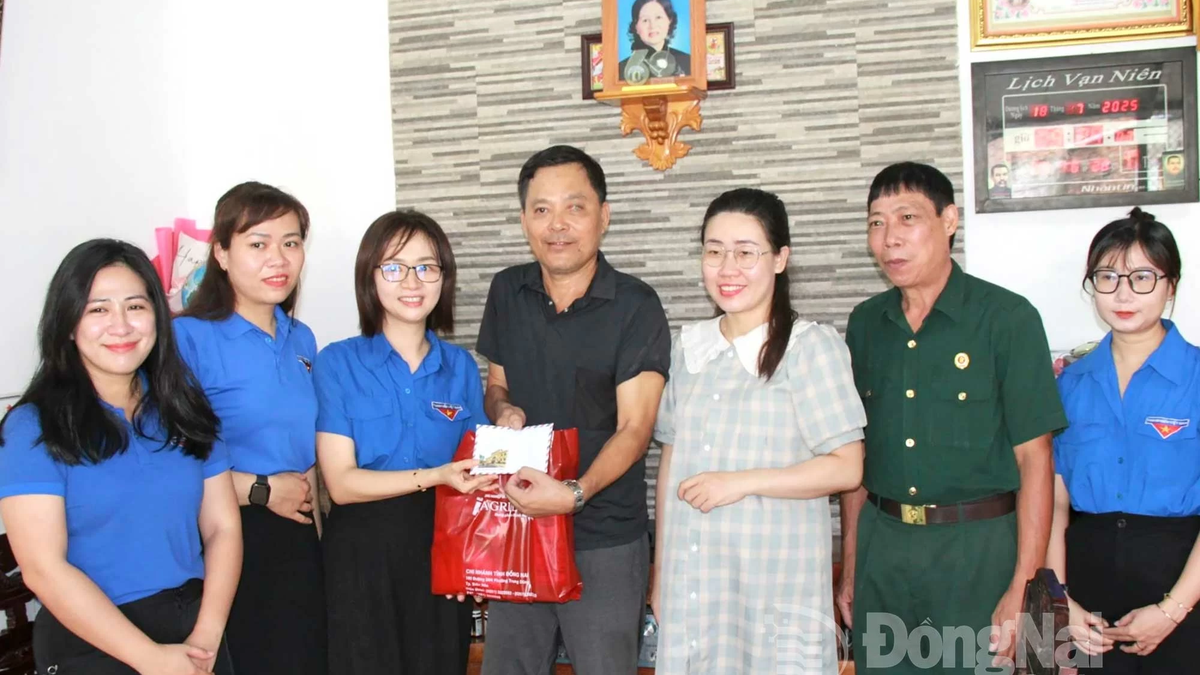

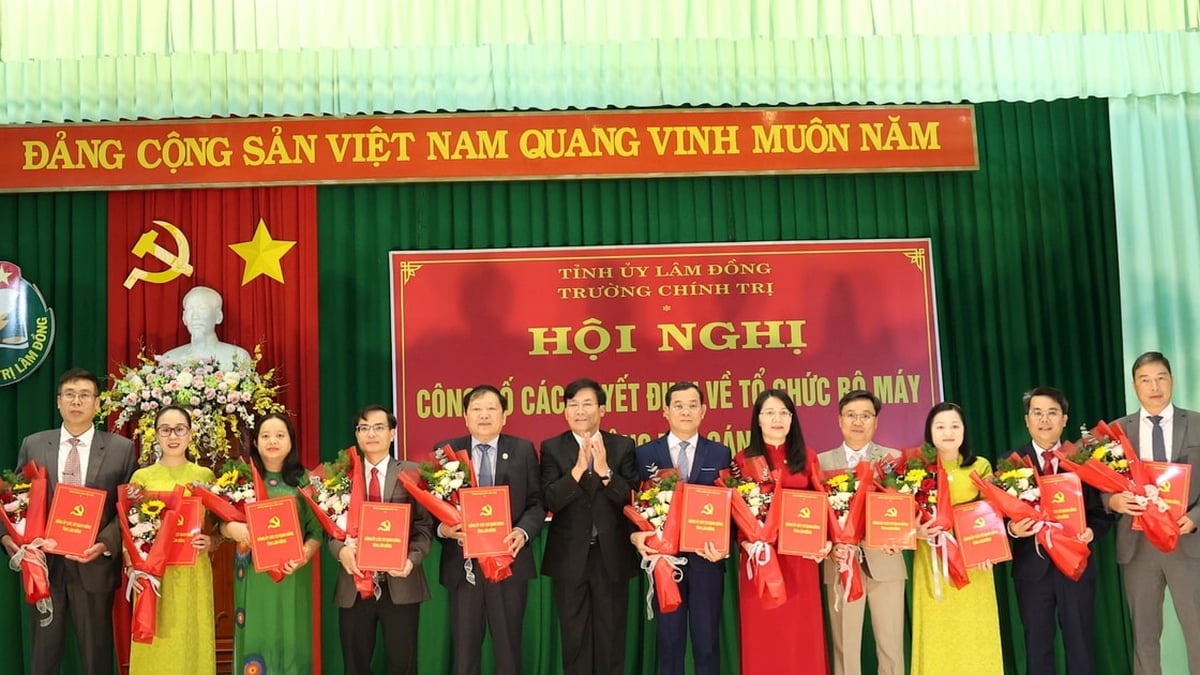


















































































![[Infographic] In 2025, 47 products will achieve national OCOP](https://vphoto.vietnam.vn/thumb/402x226/vietnam/resource/IMAGE/2025/7/16/5d672398b0744db3ab920e05db8e5b7d)





Comment (0)